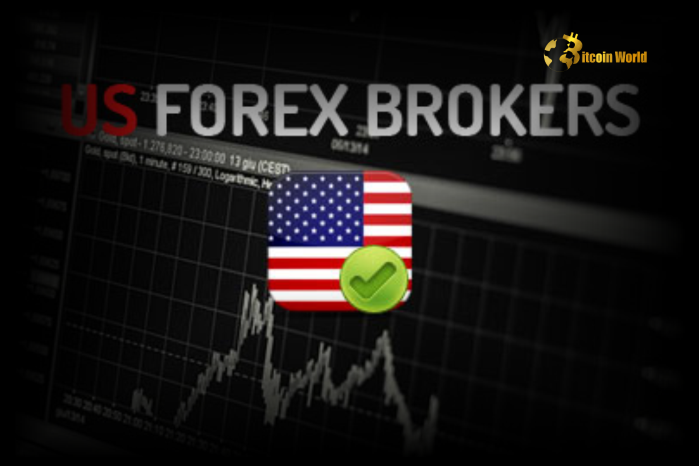Understanding Forex Taxation in the US
Understanding Forex Taxation in the US
Blog Article
Legal Regulations for Forex in the United States
International trade, or Forex trading, brings an incredible number of players in the United Claims every year. Their utter size and liquidity make it one of the most interesting areas globally. Nevertheless, best forex trading platform in usa. takes a unique and strict method of regulating Forex activities. If you're seeking to industry currencies or just desire to know the way legal frameworks form the Forex industry, understanding these regulations is crucial.

Important Legal Frameworks Surrounding Forex in the US
Forex regulation in the United States stands apart because of its complete chance regulates and consumer protections. Two major government bodies oversee many Forex activities:
• Commodity Futures Trading Commission (CFTC)
• National Futures Association (NFA)
The CFTC, produced in 1974, is tasked with regulating the futures and alternatives areas, international exchange included. The NFA, as a self-regulatory company, operates closely with the CFTC to enforce principles and maintain fairness in trading practices.
Enrollment and Compliance
Every Forex seller or broker doing business with U.S. residents must register with the CFTC and NFA. These entities will also be needed to stick to arduous detailed standards, including:
• Minimum internet capital demands (often higher than in other countries)
• Continuous audits
• Strong anti-money laundering (AML) guidelines
• Transparent chance disclosure
Violations can result in significant fines or a permanent ban from the market. That regulatory construction seeks to avoid fraud, protect investors, and enhance market integrity.
Important Limitations on Forex Actions
Foundational rights impact how Forex runs in the U.S.:
• Leverage restricts: The NFA units a maximum influence of 50:1 for significant currency pairs and 20:1 for minors. This is far below several world wide markets, supporting protect new traders from significant losses.
• Segregation of funds: U.S. law requires that customer funds are held separate from broker operational funds. That measure safeguards traders in the event a broker becomes insolvent.
• Advertising and disclosure: Firms should clearly describe risks, fees, and trading systems to clients. Misleading or intense solicitation methods experience rigid penalties.
Enforcement and Penalties
U.S. agencies frequently check for fraudulent schemes, insider trading, and illicit industry manipulation. Mathematical knowledge from enforcement reports reveals a regular structure of penalties and settlements in recent years, showing continuing vigilance. This environment, while stricter than most areas of the entire world, creates a safer playing area for retail and institutional traders alike.
What to Contemplate as a US Forex Trader
Recent tendencies reveal a continuous rise in regulatory actions, an emphasis on consumer training, and constant upgrades to submission requirements. If you intend to industry Forex in the U.S., it's important to:
• Confirm a broker's active enrollment status
• Keep up-to-date with regulatory changes
• Evaluation chance disclosures before making trades
This process diminishes unforeseen deficits and enhances your prospects in a firmly governed but strong marketplace. By knowledge legal regulations, U.S. traders may confidently take part in the Forex market while remaining within the variables of the law.
Report this page